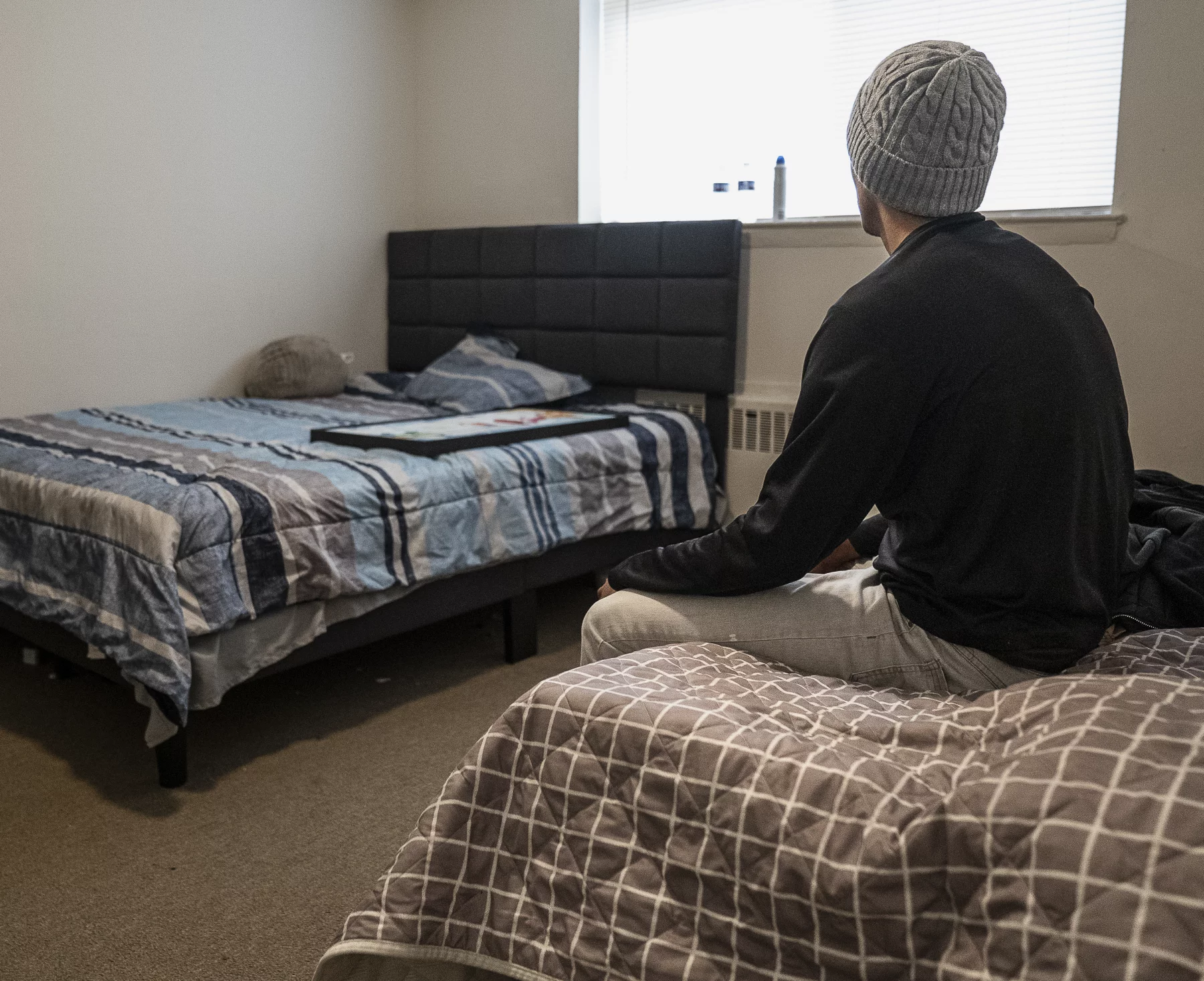 W atching the images of fires burning in and around Los Angeles is very triggering. I’m sure it is the same for many of my neighbors in western North Carolina. It has not been that long since Hurricane Helene caused catastrophic flooding that devastated our communities, and it is not over for us.
W atching the images of fires burning in and around Los Angeles is very triggering. I’m sure it is the same for many of my neighbors in western North Carolina. It has not been that long since Hurricane Helene caused catastrophic flooding that devastated our communities, and it is not over for us.
At first, you are energized to do what is needed to be done in the moment. But, then, you are left with emptiness, exhaustion, pain, trying to regain something resembling what has been lost.
These emotional twists and turns, highs and lows, have been a central part of my experience of natural disaster. How do you prepare someone for these head-spinning feelings and for the aftermath, the trauma after the trauma of the weeks and months that follow? For the losses: home? Business? Neighborhoods? Community? Routine? Safety? Life? For the total disruption.
In the beginning, you hear so many awful stories. People you know who have lost family members, friends. Those who have lost their homes. Places that are no longer there. Chimney Rock, the village I would drive my family through on our way to Lake Lure, gone. Highland Football Club’s soccer fields in Asheville, where our sons played, gone. Biltmore Village, where we have eaten, shopped, slept, gone.
Then there is your own story. My family was safe, and our house was fine, for the most part. But the office where I practice as a pediatrician – and which has served our community since 1952 – was completely submerged under 5ft of water. We lost everything on the first floor: walls, examination tables, files, flooring, cabinets, lab equipment, desks, nursing stations. Only the cement slab and the wall studs were left.
So what comes first is the loss. There are those who lose every possession or almost everything or about half of everything. Then there are those who don’t lose any things. They are still affected, but will sometimes, in conversation, almost seem to forget because they’re existing in a usual, comfortable state.
For many of us, after the loss, there is the insurance – or lack thereof. There are those here who didn’t have flood insurance. On the Carolina coast, when hurricanes destroy homes and buildings, it will be someone without wind insurance. In Los Angeles, it may be that people don’t have the right type of fire insurance. If you do have the correct insurance, it takes months to get the money – that is, if your insurance company doesn’t go bankrupt.
My business, Hendersonville Pediatrics, has yet to receive one cent from an insurance company. We have four policies with two different providers – two of which are flood insurance policies.
People tell you the delay in insurance is the way it is. It’s the government, which runs our primary flood insurance program. It’s the paperwork. You’ve got to roll with it.
But it’s money.
Money doesn’t drive everything or everyone. There are people who will appear out of nowhere to help. Heroes. The ones flying helicopters to pick people up off of mountains, defending dams, clearing roads, putting out fires, getting your power on, your cellphone service up, getting your safe water back. Our community has received such an influx of food, medicines, clothes, diapers, sanitary products – things you may not think about until you don’t have them.
People from within your community appear to help, too – people you have never met before.
Pauline Carpenter at Free Clinics gave Hendersonville Pediatrics space for a doctor four days a week. Richard Hudspeth and the Blue Ridge Health administration allowed us to rent an office to house two doctors five days a week.
But these places are not home. At home, four doctors saw more than 100 children, every weekday. People say they love children. But they don’t like hearing them screaming and crying. We are constantly worried: are we quiet enough? Are they going to kick us out? It is something we cannot control. So we just keep working.
The disaster has not ended for us. It won’t, for years. It probably never will, because things will never be as they were before. From now on, we know disaster can happen.
What do we do in the meantime? It is up to us in our communities to rebuild, to be the backbone, the strength. In our office, it’s been amazing how supervisors have stepped up to bring order to our practice: staff changing their schedules, everyone helping us rebuild our lab, our supplies, our vaccine inventory. That’s the beauty in this type of destruction. Neighbors helping neighbors. People being there for others. Being present. Being in this moment.
This was written for Zócalo Public Square.
Explore more on these topics








 Friday night Shabbat services at Tzedek Chicago have all the hallmarks of a typical service, with...
Friday night Shabbat services at Tzedek Chicago have all the hallmarks of a typical service, with... When 21-year-old Jefferson arrived in the U.S. in December, a case manager from a resettlement agency...
When 21-year-old Jefferson arrived in the U.S. in December, a case manager from a resettlement agency...






























